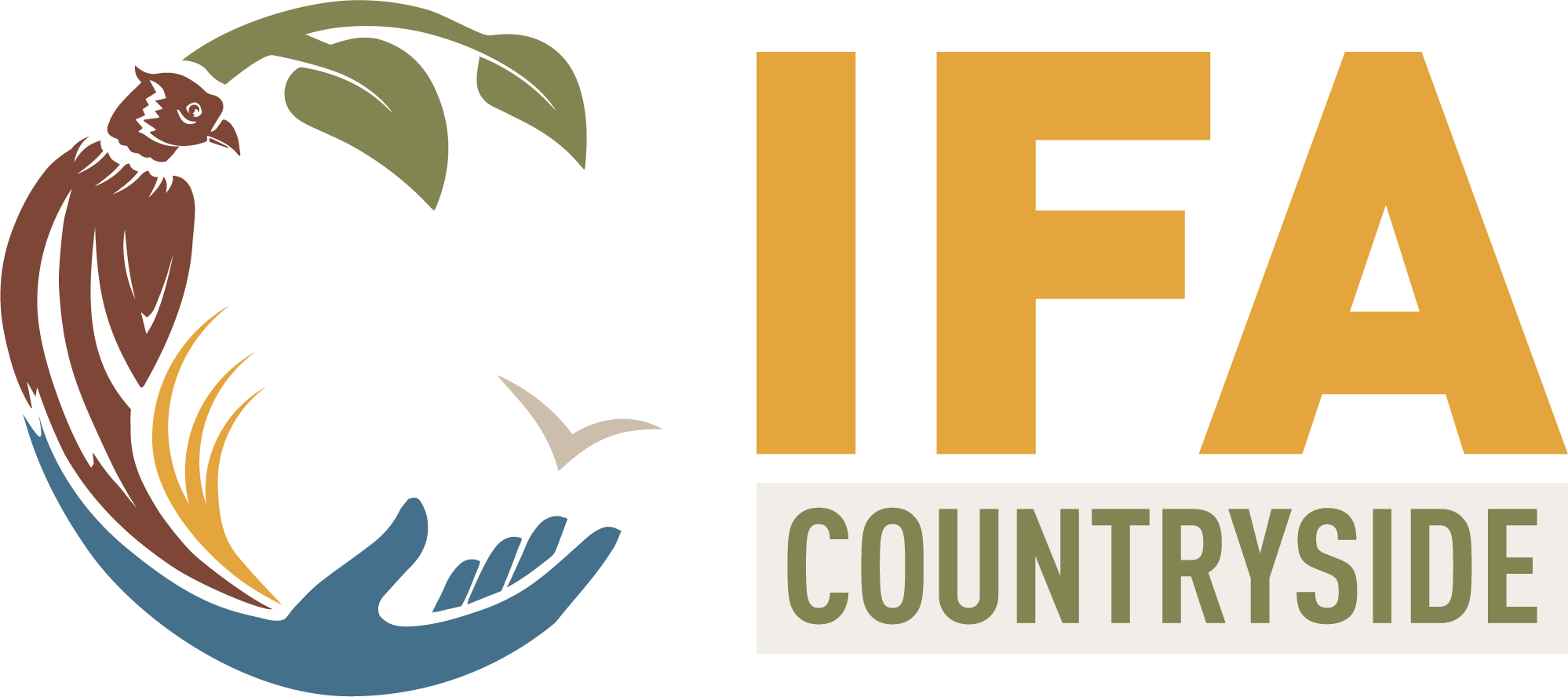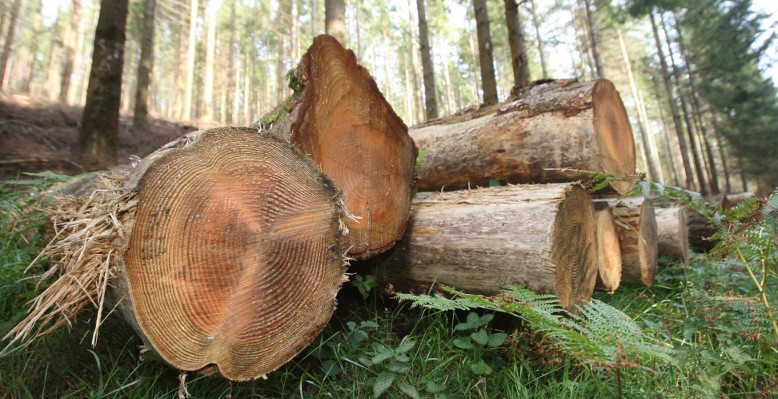The IFA met with Coillte CEO Imelda Hurley and Managing Director Mark Carlin yesterday in the Irish Farm Centre to discuss the controversy over Coillte working with a private equity fund to plant forestry in Ireland.
IFA Farm Forestry Chair Jason Fleming said there was a robust discussion. Coillte were left in no doubt that farmers were vehemently opposed to a State-owned forestry company facilitating the purchase of private lands for investors and funds.
“Coillte did confirm that they were not working on any further projects with private funds,” he said.
“Coillte and the Government need to go back to the drawing board and provide assurances to farmers and rural communities that alternative farmer-based solutions will be identified to support the national afforestation target being met,” he said.
He said that IFA received assurances at the meeting that Coillte is not in negotiations with any other funds at present and that the Irish Strategic Forestry Fund planned to afforest between 3,000 to 3,500 hectares over the next five years.
“The root cause of the problem here is that the Government has provided incentives for non-farmers to get involved in forestry as a quick fix to increase planting rather than addressing the underlying issues which are putting farmers off getting involved,” he said.
“The new forestry programmes have yet to be approved by the EU. This issue must be addressed before the plan is finalised,” he said.
“Since forest premium parity was introduced by the Government in 2014, over 40% of the afforestation programme has been undertaken by non-farmers including funds. This is not a sustainable forestry model and needs to be reviewed immediately in advance of submitting the new Forestry Programme to the EU for approval.”
He said the impact on rural communities is unknown and it’s reckless for the Government to continue to fund investor planting without fully understanding the impact.
Jason Fleming said the real issues that need to be addressed include the licensing system; the amount of land that is currently ineligible for planting; ash dieback compensation; the 35% of land area that has to be set aside for biodiversity that receives no payment beyond the premium; and the replanting obligation.
“The Government must address these issues if we are to have any chance of reaching our forestry targets,” he said.
Ends.

